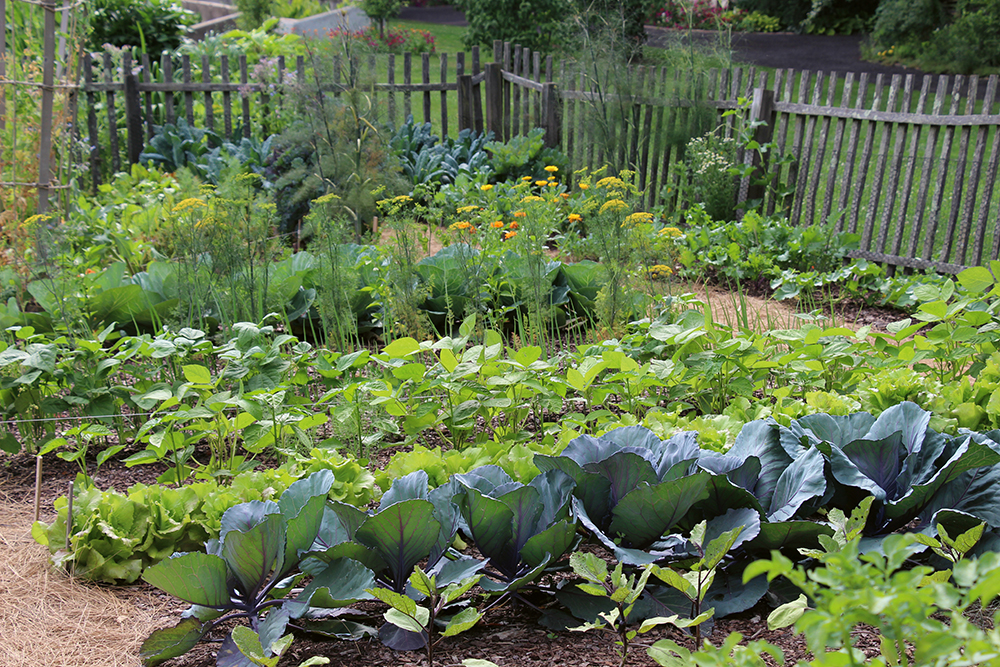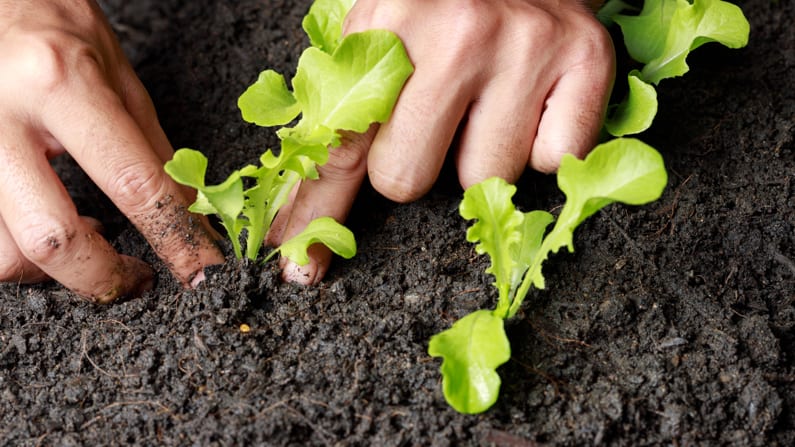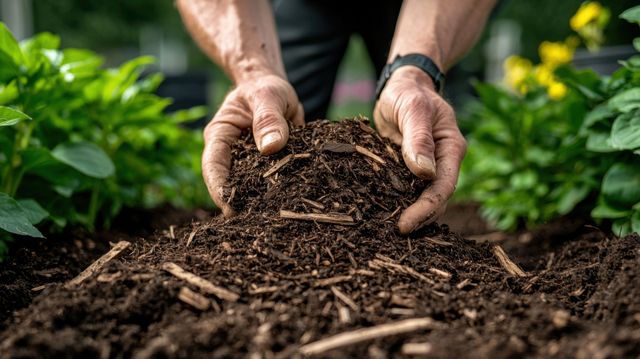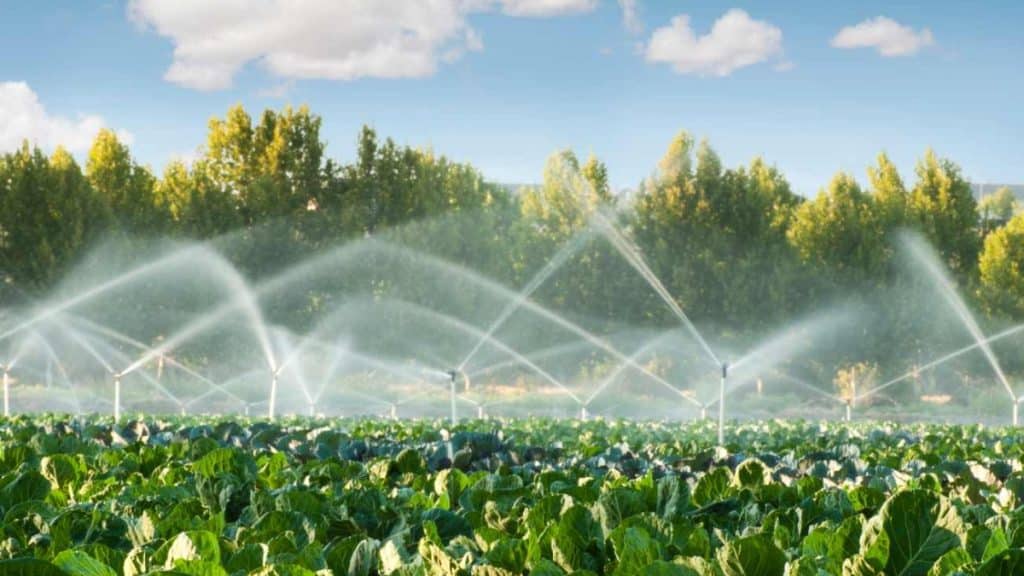Building Healthy Soil: The Foundation of Productive Gardens
Healthy soil is much more than just dirt—it's a complex, living ecosystem that forms the foundation of every successful garden. Understanding how to build and maintain fertile soil is the single most important skill a gardener can develop. This in-depth guide explores the science of soil health and practical techniques to transform your garden's foundation.
The Soil Food Web
Healthy soil teems with life, from microscopic bacteria to earthworms. This complex ecosystem:
- Breaks down organic matter into plant-available nutrients
- Creates soil structure through fungal networks and worm tunnels
- Suppresses disease-causing organisms
- Stores water efficiently while allowing drainage

Soil Testing and Analysis
Before amending your soil, conduct these essential tests:
- Texture test: Determine sand, silt, and clay percentages
- Drainage test: Dig a hole and time how long water takes to drain
- pH test: Most vegetables prefer 6.0-7.0 pH
- Professional lab test: Measures nutrients and organic matter content
Organic Matter: The Key to Fertility
Adding organic matter improves all soil types by:
- Increasing water retention in sandy soils
- Improving drainage in clay soils
- Providing food for beneficial soil organisms
- Slowly releasing nutrients as it decomposes
Excellent sources include:
- Compost (homemade or purchased)
- Well-rotted manure (aged at least 6 months)
- Leaf mold (decomposed leaves)
- Cover crop residues

Cover Cropping Strategies
Also called "green manure," cover crops protect and improve soil during off-seasons:
| Season | Cover Crops | Benefits |
|---|---|---|
| Spring | Field peas, oats, clover | Prevent erosion, add nitrogen |
| Summer | Buckwheat, cowpeas | Smother weeds, break up compacted soil |
| Fall/Winter | Winter rye, hairy vetch | Prevent nutrient leaching, add organic matter |
No-Till Gardening Benefits
Reducing tillage preserves soil structure by:
- Maintaining fungal networks that help plants access nutrients
- Preventing erosion and compaction
- Keeping carbon sequestered in the soil
- Reducing weed seed germination
Compost Tea and Microbial Inoculants
Boost soil biology with:
- Aerated compost tea: Extracts beneficial microbes from compost
- Mycorrhizal fungi: Forms symbiotic relationships with plant roots
- Bacterial inoculants: Introduces nitrogen-fixing and nutrient-mobilizing bacteria
Building healthy soil is an ongoing process, not a one-time task. By consistently adding organic matter, minimizing disturbance, and fostering soil life, you'll create an increasingly fertile foundation for your garden that yields better results each year.





:strip_icc()/BHG-gardening-pests-neem-oil-for-plants-Hero-351e9a537e704fdfad83a6e55b7e9d3b.jpg)